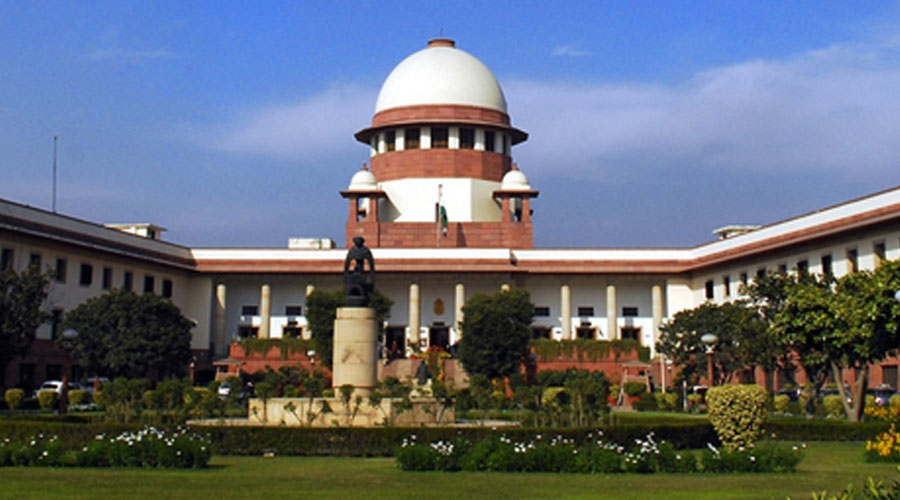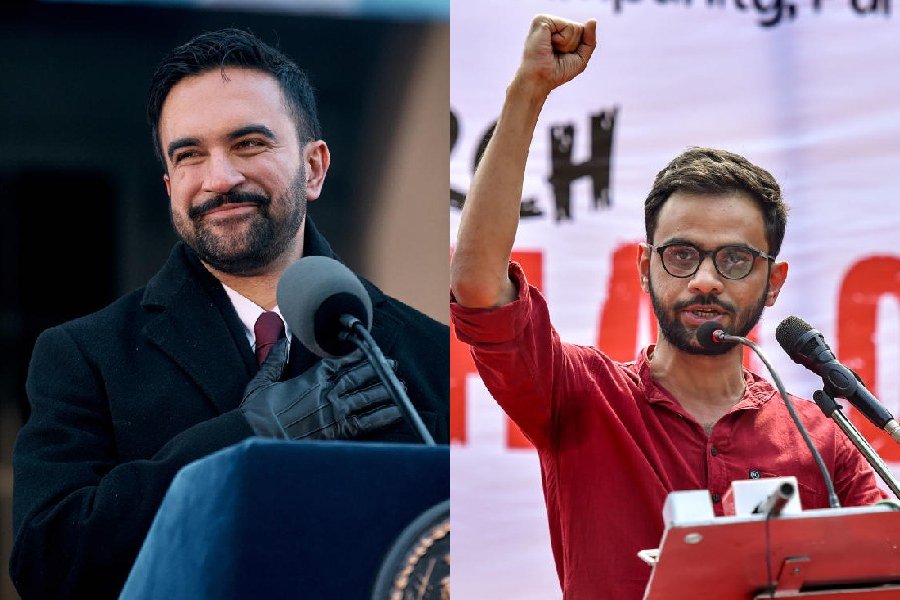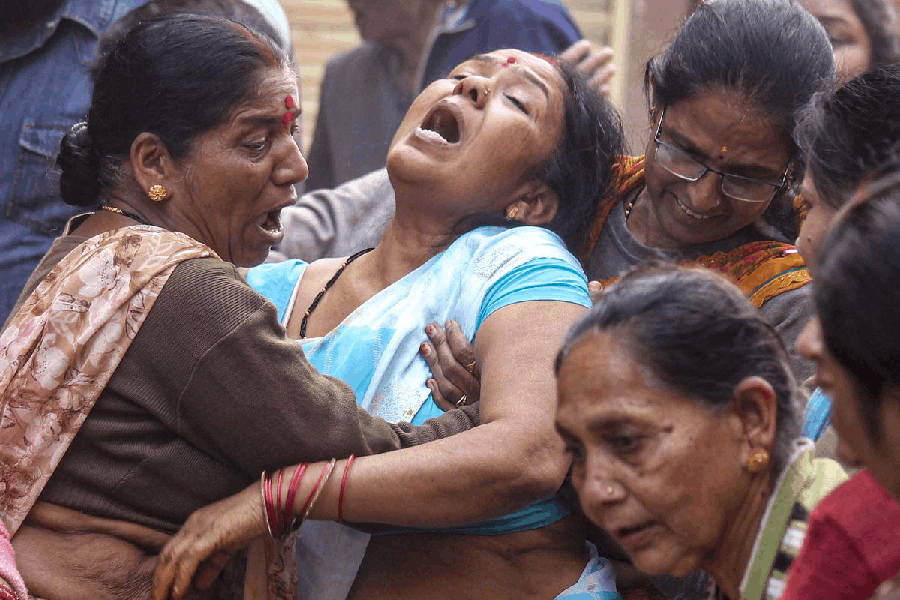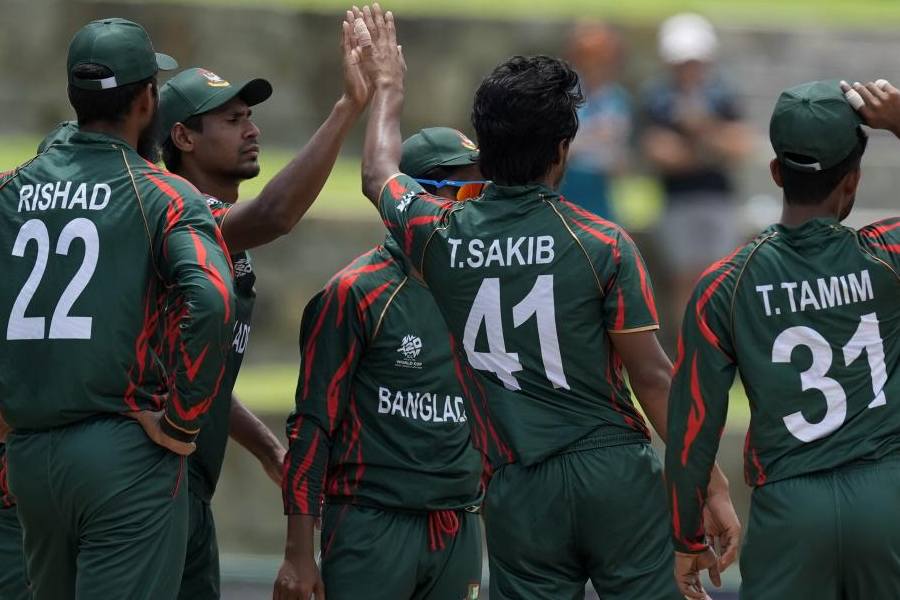The Supreme Court on Friday issued notice to the Union ministries of law and minority welfare on a petition seeking the declaration of Hindus as minorities in nine states to enable them to run and manage their own educational institutions.
Muslims, Christians and other minority communities enjoy the benefit at the national level under Articles 29 and 30 of the Constitution.
The court posted the matter for further hearing after six weeks.
While Article 29 relates to the protection of the interests of minorities, Article 30 grants minorities the right to establish and administer their own educational institutions without much government interference.
The petition, filed by advocate Ashwini Kumar Upadhyay, has challenged the validity of Section 2(f) of the National Commission for Minority Educational Institutions Act, 2004, “for not only giving unbridled power to the Centre but also being manifestly arbitrary, irrational” and offending Articles 14 (equality), 15 (non-discrimination), 21 (life and liberty), 29 and 30 of the Constitution of India” with regard to Hindus in the nine states where they are said to be in minority.
According to the petition, the Act arbitrarily empowers the Centre to notify five communities — Muslims, Christians, Sikhs, Buddhists and Parsees — as minority at the national level.
Upadhyay has submitted that Hindus make up 1 per cent of the population of Ladakh, 2.75 per cent in Mizoram, 2.77 per cent in Lakshadweep, 4 per cent in Kashmir, 8.74 per cent in Nagaland, 11.52 per cent in Meghalaya, 29 per cent in Arunachal Pradesh, 38.49 per cent in Punjab and 41.29 per cent in Manipur, but the Centre has not declared them as “minority”, because of which the community cannot establish and administer educational institution of its choice.
“…Till date followers of Judaism, Bahaism and Hinduism; who are real minorities in Ladakh, Mizoram, Lakshadweep, Kashmir, Nagaland, Meghalaya, Arunachal Pradesh, Punjab and Manipur, cannot establish and administer educational institutions of their choice because of non-identification of ‘minority’ at the state level, thus jeopardising their basic rights guaranteed under Articles 29 and 30,” the petition said.
“Their right under Articles 29 and 30 is being siphoned off illegally to the majority community in the states because the Centre has not notified them as ‘minority’ under the NCMEI Act,” it added.
Senior advocate Vikas Singh appeared for the petitioner.
According to the petition, while followers of Judaism, Bahaism and Hinduism are being deprived of their “basic right” to establish and administer educational institutions of their choice, Muslims, who are in majority in Lakshadweep (96.58 per cent) and Kashmir (96 per cent) and are present in significant numbers in Ladakh (44 per cent), Assam (34.20 per cent), Bengal (27.5 per cent), Kerala (26.60 per cent), Uttar Pradesh (19.30 per cent) and Bihar (18 per cent), can do so.
Similarly, the petition said, Christians who are the majority in Nagaland (88.10 per cent), Mizoram (87.16 per cent) and Meghalaya (74.59 per cent) and are present in significant numbers in Arunachal Pradesh, Goa, Kerala, Manipur, Tamil Nadu and Bengal, can also establish and administer educational institutions of their choice. Likewise, Sikhs are in majority in Punjab and there is a significant presence of the community in Delhi, Chandigarh and Haryana, but they can establish and administer educational institutions. Buddists, the petition pointed out, are in majority in Ladakh but enjoy the right.











